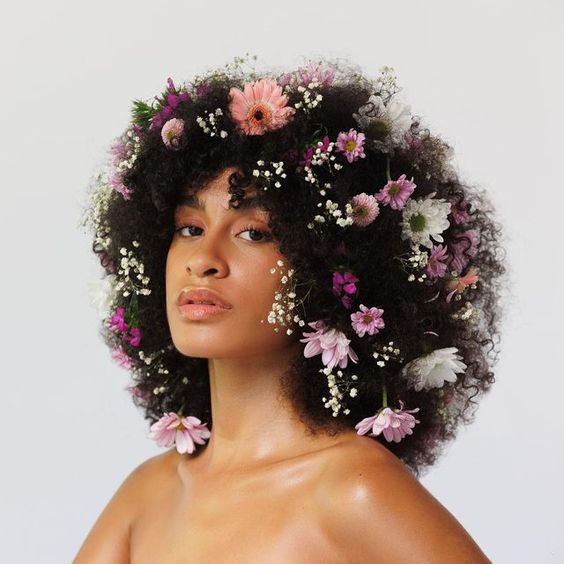
Fighting Dandruff and Itchy Scalp: Causes and Solutions for Afro Hair
|
|
Time to read 3 min
|
|
Time to read 3 min
Welcome to blog!
Today, we delve into a common yet often misunderstood issue – dandruff and itchy scalp, particularly in Afro-textured hair. Understanding these conditions and their management is crucial, whether you rock natural curls, weaves, or wigs.
It's frustrating when your scalp just won't cooperate, isn't it? The constant itch, the flaking—it can be both embarrassing and uncomfortable. Let's clear up some confusion first: dandruff and an itchy scalp, while related, are not the same. Dandruff is marked by flaking and is often accompanied by itchiness. An itchy scalp, on the other hand, might not always show visible flaking but can be just as troublesome.
Dandruff vs. Itchy Scalp: Though often used interchangeably, dandruff and an itchy scalp are not the same. Dandruff is characterised by flaking and is usually accompanied by itchiness. An itchy scalp may not always display visible flaking but can be equally bothersome.
We've all been there – that incessant itch or the unexpected flake that makes us self-conscious. But what causes these issues? Let's dive in and understand the various factors that contribute to scalp discomfort.
Seborrheic Dermatitis: This common skin condition, characterised by red, greasy skin covered with flaky white or yellow scales, can affect your scalp and cause dandruff.
Dry Skin: Especially prevalent in colder climates, dry skin can lead to small, non-oily flakes and itching.
Product Buildup: Afro-textured hair often requires various products for styling, which can accumulate and irritate the scalp.
Hair Care Practices: Frequent use of weaves and wigs without proper scalp care can exacerbate scalp issues.
The health of our scalp is influenced by so much more than just the products we use. It's a complex interplay of our lifestyle, diet, and even our emotions. Let's explore how these internal and environmental factors can impact the health of our scalp.
Diet: Foods high in sugar, and fat can contribute to poor scalp health. Conversely, a diet rich in zinc, B vitamins, and certain fats can improve it.

Stress: Emotional stress can impact your scalp health, leading to increased sensitivity and irritations.

Climate: Extreme temperatures, whether hot or cold, can aggravate or trigger scalp issues.

Awareness is the first step to relief. Certain everyday elements, which we might overlook, can be significant stressors for our scalp. Let’s identify these triggers so we can avoid or mitigate their effects.
Certain Hair Products: Some ingredients in shampoos, conditioners, and styling products can irritate the scalp. Look for products that are free from harsh chemicals.

Medications: Some medications can have side effects that affect scalp health.

Now, let's talk about solutions. With the right approach and products, managing dandruff and an itchy scalp can be much more straightforward. Here are some recommendations that can make a real difference.
SHEA MOISTURE African black soap bamboo charcoal Deep Cleansing Shampoo is excellent for soothing itchy scalps.

Scalp Treatments: Regular scalp treatments are vital. Products like Moroccanoil Dry Scalp Treatment can nourish and alleviate dryness.

At Mimi et Mina, we understand the unique needs of Afro-textured hair. We invite you to experience our bespoke scalp treatments, designed to promote and maintain scalp health, keeping dandruff and itchy scalp at bay. Book your appointment today and embark on a journey to a healthier, happier scalp.
Remember, the key to a healthy scalp is consistent care and choosing the right products. Stay informed, stay stylish!
Until next time,
Bisou,
Mimi.

